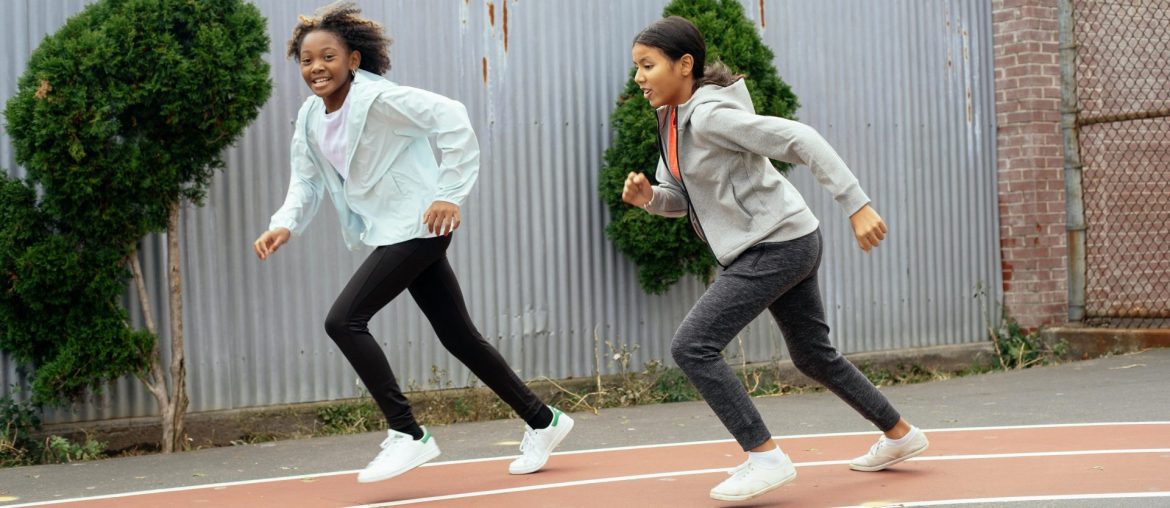In today’s fast-paced world, the importance of exercise on children’s mental health and overall wellbeing cannot be overstated. With rising levels of anxiety and depression among young people, integrating regular physical activity into their daily routines has become crucial. This blog explores the profound impact of exercise on children’s mental health and wellbeing, highlighting the benefits and providing practical tips for parents and educators.
The Benefits of Exercise for Children’s Mental Health
Reduces Symptoms of Anxiety and Depression
Regular physical activity has been shown to alleviate symptoms of anxiety and depression in children. Exercise releases endorphins, often referred to as “feel-good” hormones, which help improve mood and reduce stress.
Enhances Cognitive Function
Physical activity boosts cognitive function, aiding children in better concentration and academic performance. Exercise increases blood flow to the brain, enhancing memory and learning abilities.
Improves Sleep Patterns
Children who engage in regular physical activity tend to have better sleep patterns. Quality sleep is essential for mental health, as it allows the brain to rest and recover, leading to improved mood and reduced irritability.
Boosts Self-Esteem and Confidence
Participating in sports and physical activities helps children build self-esteem and confidence. Achieving fitness goals, mastering new skills, and receiving positive feedback from peers and coaches contribute to a positive self-image.
Encourages Social Interaction
Group activities and team sports foster social interaction, helping children develop important social skills. Making friends and working as part of a team can significantly enhance a child’s emotional wellbeing.
Incorporating Exercise into Daily Routines
Integrating exercise into children’s daily routines doesn’t have to be challenging. Here are some practical tips for parents and educators to promote physical activity:
Set a Routine: Establish a regular schedule for physical activity. Aim for at least 60 minutes of moderate to vigorous exercise each day.
Make It Fun: Choose activities that children enjoy, whether it’s playing soccer, dancing, or riding a bike. The more fun the activity, the more likely children are to stick with it.
Lead by Example: Children are more likely to be active if they see their parents and teachers prioritizing physical activity. Join in on the fun and exercise together as a family or school community.
Incorporate Active Breaks: Include short bursts of physical activity throughout the day, especially during long periods of sitting or studying. This can help break up the monotony and re-energize children.
Utilize School Programs: Encourage schools to implement comprehensive physical education programs and extracurricular sports activities. Schools play a vital role in promoting regular exercise.
The impact of exercise on children’s mental health and wellbeing is profound and multifaceted. From reducing anxiety and depression to enhancing cognitive function and self-esteem, physical activity is a powerful tool in supporting children’s mental health. By incorporating regular exercise into their daily routines, parents and educators can help children develop healthy habits that will benefit them throughout their lives.
Emphasizing the importance of exercise and children’s mental health not only contributes to a healthier generation but also fosters a positive and supportive environment where children can thrive both mentally and physically. Let’s work together to make physical activity an integral part of our children’s lives, ensuring they grow up healthy, happy, and resilient.




